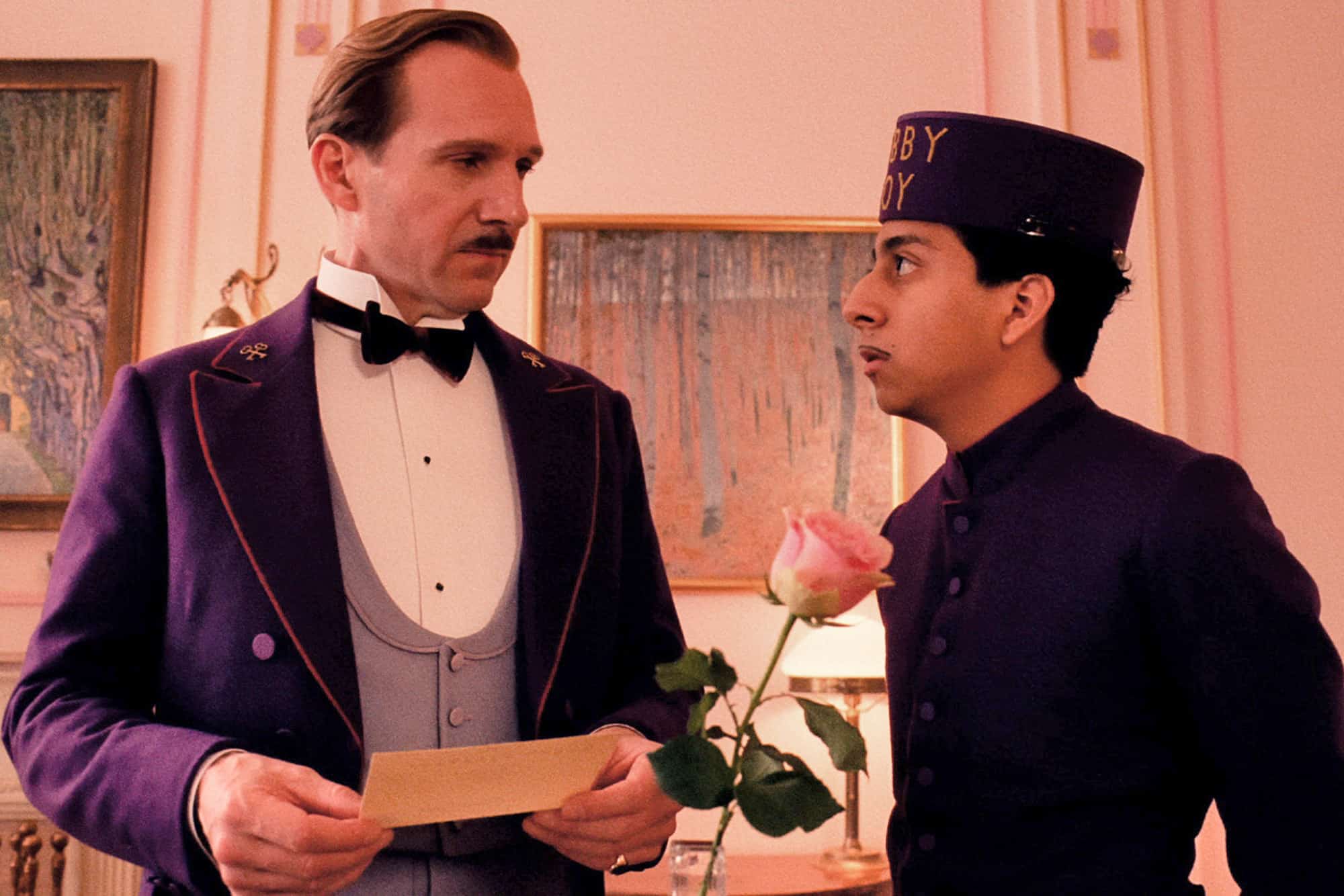“I flew in some apple juice from California for one of our VIPs. If that apple juice makes them feel at home, I’ve done my job,” beamed Ronaldo Breton, chef concierge at the Hazelton and regional director of the concierge professional association, Les Clefs D’Or. His answer to every request? “Absolutely.” Similarly, no request seems bizarre for Trump chef concierge Rhonda Chan-Maloney; she has summoned breeders of rare sphinx cats, chartered helicopters and ordered tattoo artists for in-room touch-ups. “The sky is the limit here,” she said. “Sure, we get the more challenging guests that are a little more demanding, but we always figure it out somehow.”
The role of the concierge now encompasses a range of feats; from orchestrating marriage proposals to nipping out to replenish hair gel for panicky guests. And while some continue to shuffle their unfortunate guests towards lacklustre chains and tourist traps, others have set the bar much higher. Being a successful concierge is a tech-savvy job that presents different challenges every day and requires elaborate worldwide networking and deep immersion into city life. Concierges will often visit new hot spots incognito, much like a restaurant critic, to test restaurants for their guests. They must stay on top of trends while remaining true to the nature of a very traditional role.
In the middle ages, concierges held the keys to the castle and tracked the comings and goings of guests. In the 1970s in North America, the concierge position developed a certain prestige—they presided over doormen and front desk staff. Now, many hotels have eliminated concierges entirely and replaced them with external ticket vendors or automated kiosks. But there is a strong movement to re-establish the concierge as the cornerstone of the hotel—the one who remembers your name and treats you like royalty—particularly among Toronto’s growing number of five-star hotels.
Within Les Clefs D’Or (which boasts over 3500 members worldwide), regional members and affiliates meet every month to learn and share knowledge about Toronto, ending their meeting each time in a different local restaurant. For hosting restaurants, a good impression can bode very well for future recommendations. The meetings function as a hyper-accelerated knowledge exchange that goes deeper than skimming reviews online. Breton encourages his concierge team to explore neighbourhoods as his guests are looking for more unique experiences and local knowledge. The collaboration is a necessity: “I cannot go everywhere,” he said. “And everyone has their own interests. So I’m going to trust their opinions.” Concierges can no longer rest on laurels—they must be well-connected and well-researched too, so regular meetings on a regional, national and international scale are essential.
Fetching anomalies for A-listers is always a fun challenge, but finding restaurants is what constitutes a large portion of a concierge’s tasks. Chan-Maloney compares it to matchmaking; “It’s trying to find the perfect restaurant for what they’re describing of what they want,” she explained. Good concierges ask a few pointed questions to filter through the fog. Walking distance or taxi? Raucous or intimate? Part-therapist, part-psychic, they must carefully gauge reactions, moods and energy levels of guests, in addition to reading reviews and referencing former preferences (all of which are kept on file).
Concierges are reaching out more to off-the-beaten-path restaurants to appease more discerning guests. They are sending guests to the Junction, to Parkdale and Ossington and Dundas.
Tobey Nemeth (of Edulis) has been thrilled at the regularity that hotel concierges send guests to her restaurant. She thinks travelers are seeking out places “with personality that really reflect the nature of a city” rather than safe, cookie-cutter restaurants. For foodies, there may be some ambivalence against seeking out a concierge, imagining that “they are going to send them to the sort of Jack Astor’s equivalent,” said Nemeth. “But I think that’s changing. I know that concierges recommend us. I also know that guests come to Toronto who have done their own research and ask the concierge to help broker it.”
By acting as a funnel for extraneous information and honing in on what the guest really wants, concierges make themselves indispensible. “There’s so much information out there now, but without going and personally trying it? That’s what we bring,” said Chan-Maloney. For weary travelers, the internet is a muddled place: sometimes you just need someone to tell you where to go.



 Follow Us On Instagram
Follow Us On Instagram
